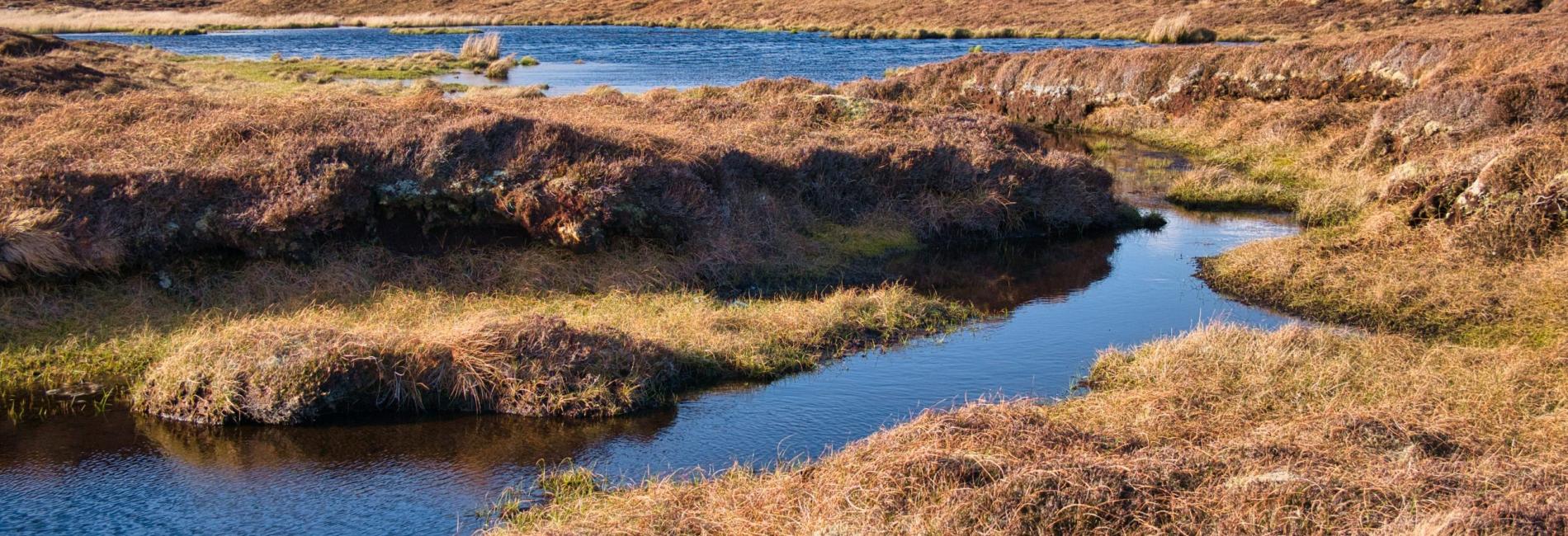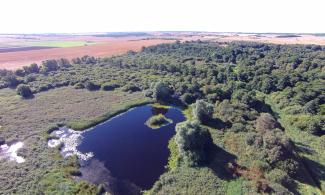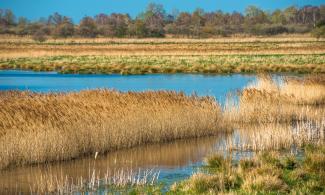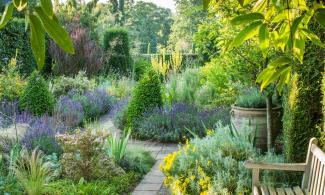Event information
The talk will take place in the Botanic Garden classroom. Please arrive through the Brookside Bike Park.
Admission is £5 per person (children and adults). The price does not include Garden admission. Tickets are non-refundable. Bookings will close at 2pm the day before the talk.
The talk will last approximately one hour plus Q&A and is part of the Cambridge Nature Festival.
In this talk, Brian Eversham will cover the range and biodiversity of British peatlands, and their conservation. Going back to Brian’s roots in southern Yorkshire, this talk reviews the battle to save Britain’s largest lowland raised peatbogs, Thorne and Hatfield Moors. It covers the range of peatland wildlife, from birds to insects to amoebae, flowers to fungi, their habitats, and the progress in restoring peatlands across Britain in the last 30 years, starting with the Great Fen.
Chief Executive of the Wildlife Trust for Beds, Cambs and Northants since 2009; Conservation Director (1997-2009). Brian introduced landscape-scale conservation to this Wildlife Trust, launched the Great Fen project, and helped establish landscape conservation and climate change adaptation as underlying aims of all 46 Wildlife Trusts.
Brian grew up in Thorne, Yorkshire, son of a peat worker, and has known Thorne and Hatfield Moors for over 50 years. He chaired the Thorne & Hatfield Moors Conservation Forum for 22 years, and led the huge invertebrate and botanical surveys of the two Moors in 1990, which helped save the Moors as National Nature Reserves. He has studied peatlands throughout Britain and Europe.
Previously Brian was Head of Zoology and Research Co-ordinator at the national Biological Records Centre, working on patterns and dynamics of species-richness, and the effects of climate change on wildlife, and wrote or contributed to over 250 scientific papers and reports (33 of them about peatlands), and 6 books. He is past president of the British Entomological & Natural History Society and of the Conchological Society of Great Britain and Ireland.
In 2018, he was appointed a visiting professor of ecological restoration, in the School of Water, Energy and Environment, at Cranfield University.





